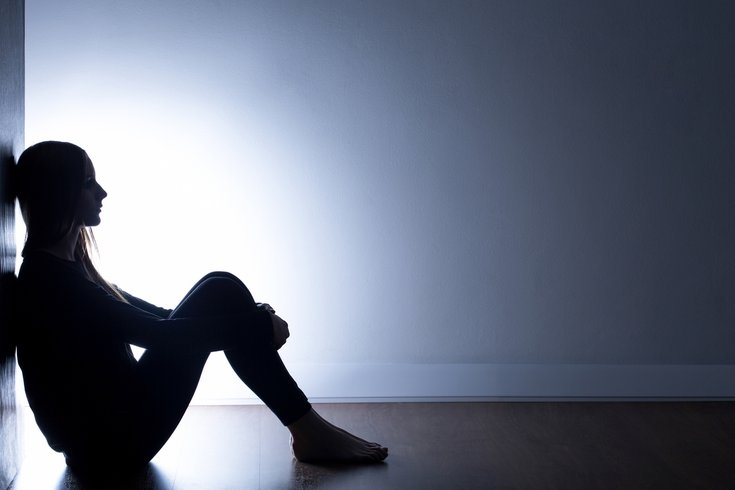
October 10, 2022
 KatarzynaBialasiewicz/istock.com
KatarzynaBialasiewicz/istock.com
Everyone has trouble managing their emotions from time to time, but for the 1.4 percent of people who suffer from borderline personality disorder (BPD), these feelings can devolve into a debilitating cycle of moods, resulting in low self-esteem, unstable relationships, and impulsive behavior.
Borderline personality disorder is a mental health disorder. It impacts the way a person feels about themselves and others, and is often characterized by long-term patterns of unstable emotions and behaviors. While the cause of BPD is unknown, it is thought that genetics, family history, and social influences may all play a role in who develops BPD.
People with BPD often suffer from an extreme fear of being abandoned. The way they view themselves and others can change rapidly, which can lead to shifting values, feelings of emptiness, and intense, unstable relationships. Impulsive behaviors — such as spending frivolously, acting recklessly, or abusing sex, drugs, and alcohol — are also common among those diagnosed with the condition. In some cases, the fear of abandonment or an intense change in emotions may lead to self-harm or suicidal thoughts.
The severity of symptoms varies from person to person, and the symptoms of BPD overlap with those of other mental health disorders. For these reasons, it’s important to see a mental health professional if you are having difficulty processing your emotions and believe you may be suffering from BPD.
The primary treatment for BPD is talk therapy, also known as psychotherapy. Several psychotherapy approaches have been found to be effective in treating BPD. Psychotherapists will find one or a combination of approaches to help their patients improve their ability to function, manage their emotions, and improve their relationships.
There are no drugs available that specifically treat BPD. However, antidepressants, mood stabilizers, and antipsychotics may be prescribed to help manage the symptoms of BDP, which may include depression, anxiety, impulsiveness, and aggression.
If you suffer from BPD, it can be easy to get discouraged when the condition decreases your ability to function in everyday life. Fortunately, BPD often gets better with age, and with treatment and support, you’ll be able to manage the condition and lead a fulfilling life.